Maintaining cardiovascular health is essential for overall well-being, but did you know it also plays a pivotal role in muscle recovery? This blog dives into how these two aspects of fitness are interconnected, and how enhancing cardiovascular health can lead to quicker and more efficient muscle recovery.
The Importance of Cardiovascular Health
Cardiovascular health is not just about keeping the heart functioning at its best; it is a cornerstone of overall physical wellness. A strong cardiovascular system ensures that nutrients and oxygen are effectively delivered throughout the body, enabling the muscles to perform optimally during exercise and recover efficiently afterwards. When the heart and blood vessels are in good shape, they work in harmony to fuel every cell with what it needs to function well, including during physical exertion and subsequent rest periods.
Moreover, from sustaining energy levels to supporting cognitive processes, the importance of cardiovascular health extends beyond physical fitness. A healthy heart can regulate blood pressure, supply vital nutrients, and bolster immune defense—all essential components that reinforce our body’s broader functions. When the heart is healthy, it supports every activity in our day-to-day lives, accentuating the significance of cardiovascular care.
How Cardiovascular Health Affects Muscle Recovery
When you engage in cardiovascular exercises, your body becomes more efficient at delivering oxygen-rich blood to tired muscles. This process aids in the removal of lactic acid and other waste products that accumulate during strenuous activity, significantly speeding up the muscle recovery process. Efficient circulation helps not only in transporting nutrients but also in facilitating muscle repair processes that occur post-exercise.
It’s also important to consider how exercise impacts heart health, even for those with preexisting conditions. For instance, people dealing with heart disease may find comfort in knowing that physical activity can slow disease progression by improving many contributing factors like stress levels and inflammation. This understanding underlines the critical role cardiovascular fitness plays in fostering effective muscle recovery and maintaining heart vitality.
Exercises to Boost Cardiovascular Health
Incorporating aerobic exercises such as running, cycling, swimming, or even brisk walking into your routine can greatly enhance your cardiovascular health. These activities elevate your heart rate, increase endurance, and improve circulation, all of which contribute to quicker muscle recovery between workouts. These provide not only the stimulus for cardiorespiratory fitness but also support muscle systems that rely on endurance and efficient recovery.
Interestingly, studies have shown that even low-intensity activities can offer cardiovascular benefits, especially when pursued regularly. A program that prioritizes variety and regularity is often the most sustainable, promoting long-term heart health. Incorporating different exercises helps maintain interest, and allows for muscle conditioning and restorative processes essential for fitness.
Lifestyle Choices Impacting Cardiovascular Health and Recovery
Beyond exercise, maintaining cardiovascular health requires a balanced diet, sufficient hydration, and adequate rest. Prioritizing these lifestyle factors not only promotes a healthy heart but also equips your body to repair and grow muscle tissue more effectively. Foods rich in omega-3 fatty acids, fiber, and antioxidants support a lifestyle aimed at heart and muscle health, emphasizing the necessity of dietary components in holistic health programs.
The connection between gut health and cardiovascular function is another consideration. Consuming a diverse diet with ample fiber supports a healthy microbiome, which in turn, may influence cardiovascular health positively. This intrinsic connection between the gut and heart highlights the importance of well-rounded nutritional strategies in muscle recovery and overall vitality.
Tips for Integrating Cardiovascular Techniques into Your Routine
Start by setting realistic goals for increasing your cardiovascular activity. Gradual progress in intensity and duration of workouts can prevent injury and enhance muscle recovery. Moreover, exploring varied exercises keeps your routine enjoyable and prevents burnout. These techniques are grounded in scientifically-backed tips for cardiovascular enhancement, ensuring they are both safe and effective.
Consider incorporating community initiatives like group running or cycling classes that promote cardiovascular health and provide social support. Coupled with technology such as fitness apps and wearable devices, you can track your progress and maintain motivation while fostering a lifestyle that celebrates cardiovascular well-being, setting a foundation for muscle recovery and overall health.
The symbiotic relationship of heart and muscle recovery
Understanding the relationship between cardiovascular health and muscle recovery opens new avenues for optimizing your fitness routine. By implementing cardiovascular-enhancing exercises and maintaining a balanced lifestyle, you can improve your recovery time and achieve your fitness goals more effectively. Remember, a strong heart supports strong muscles.
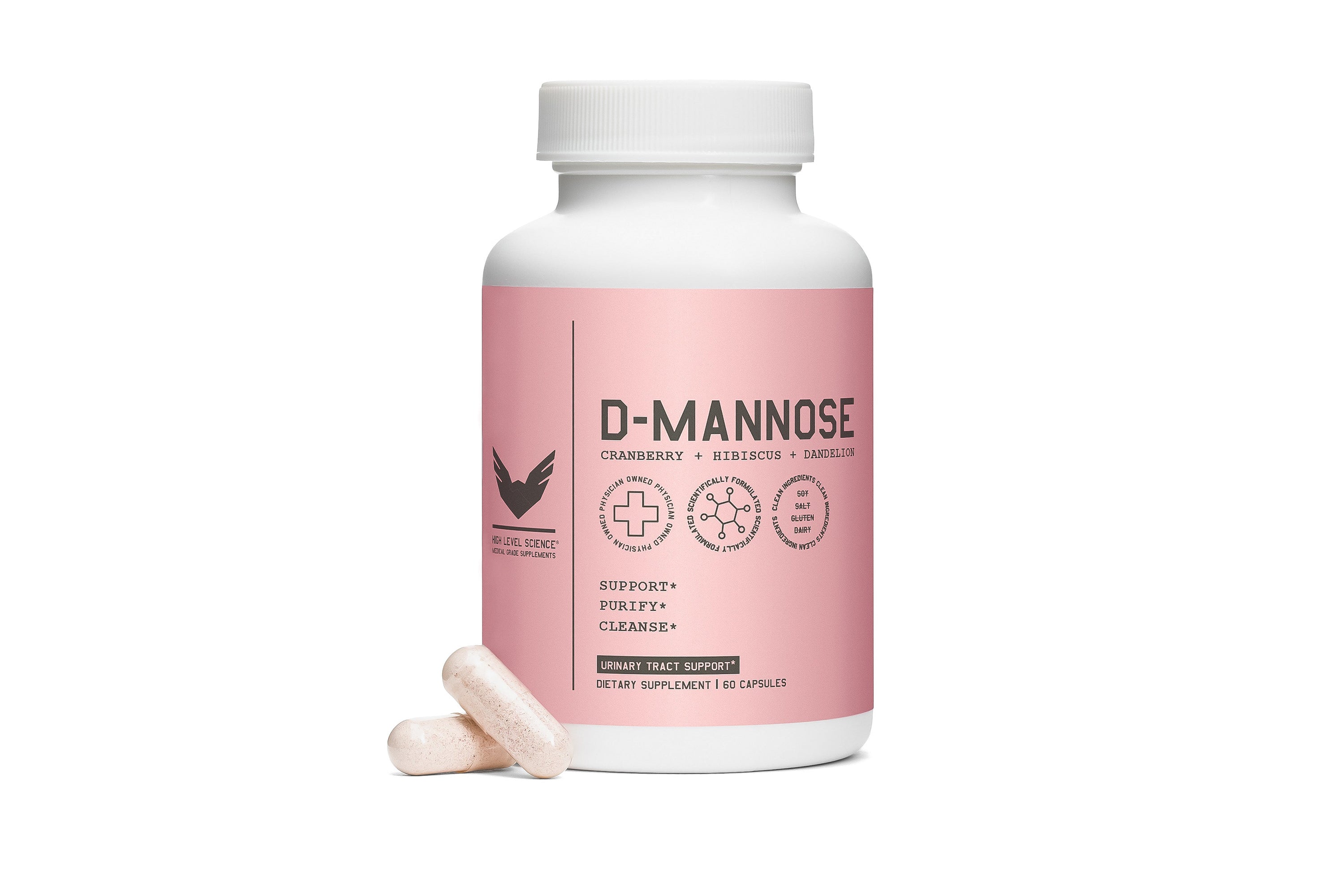
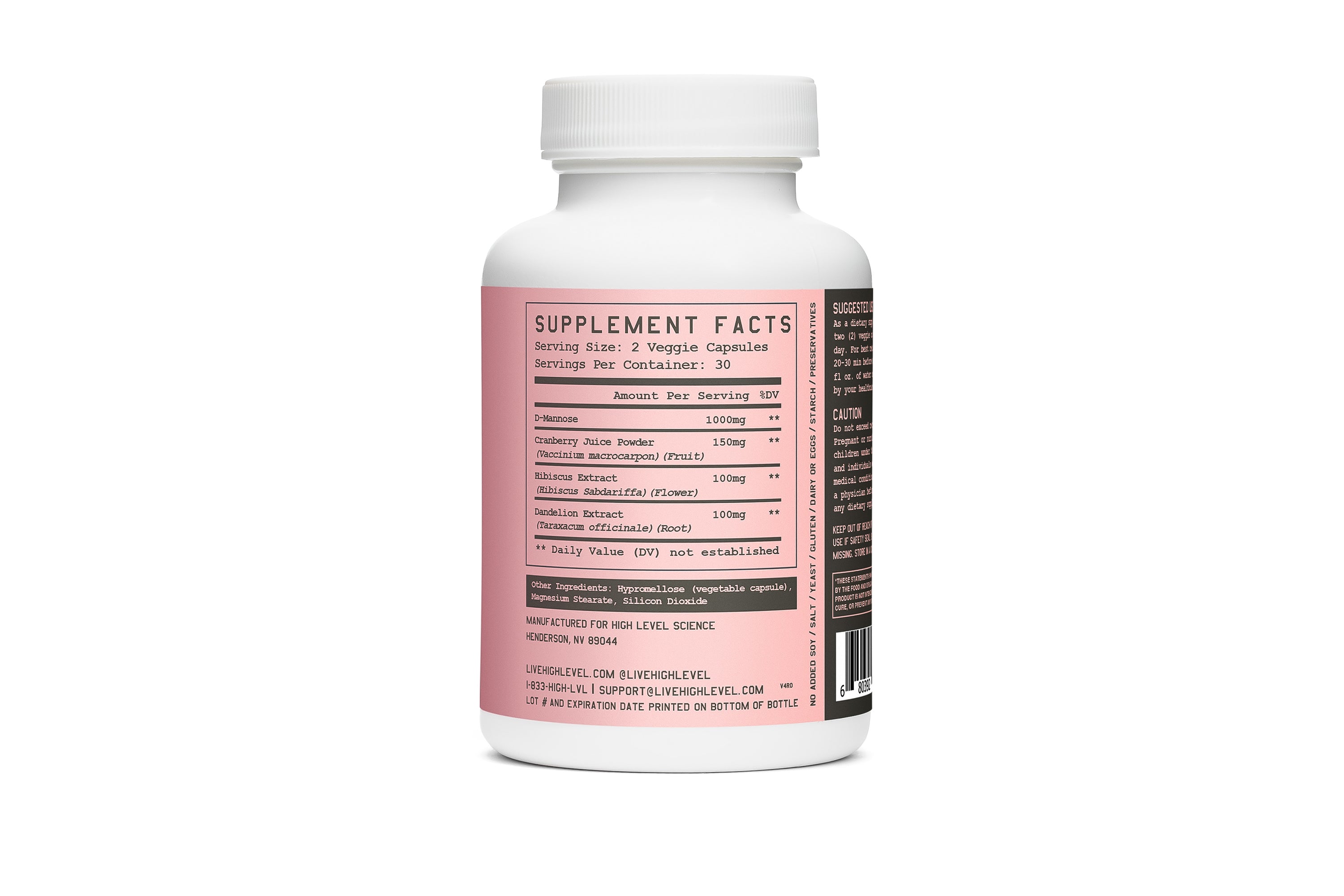
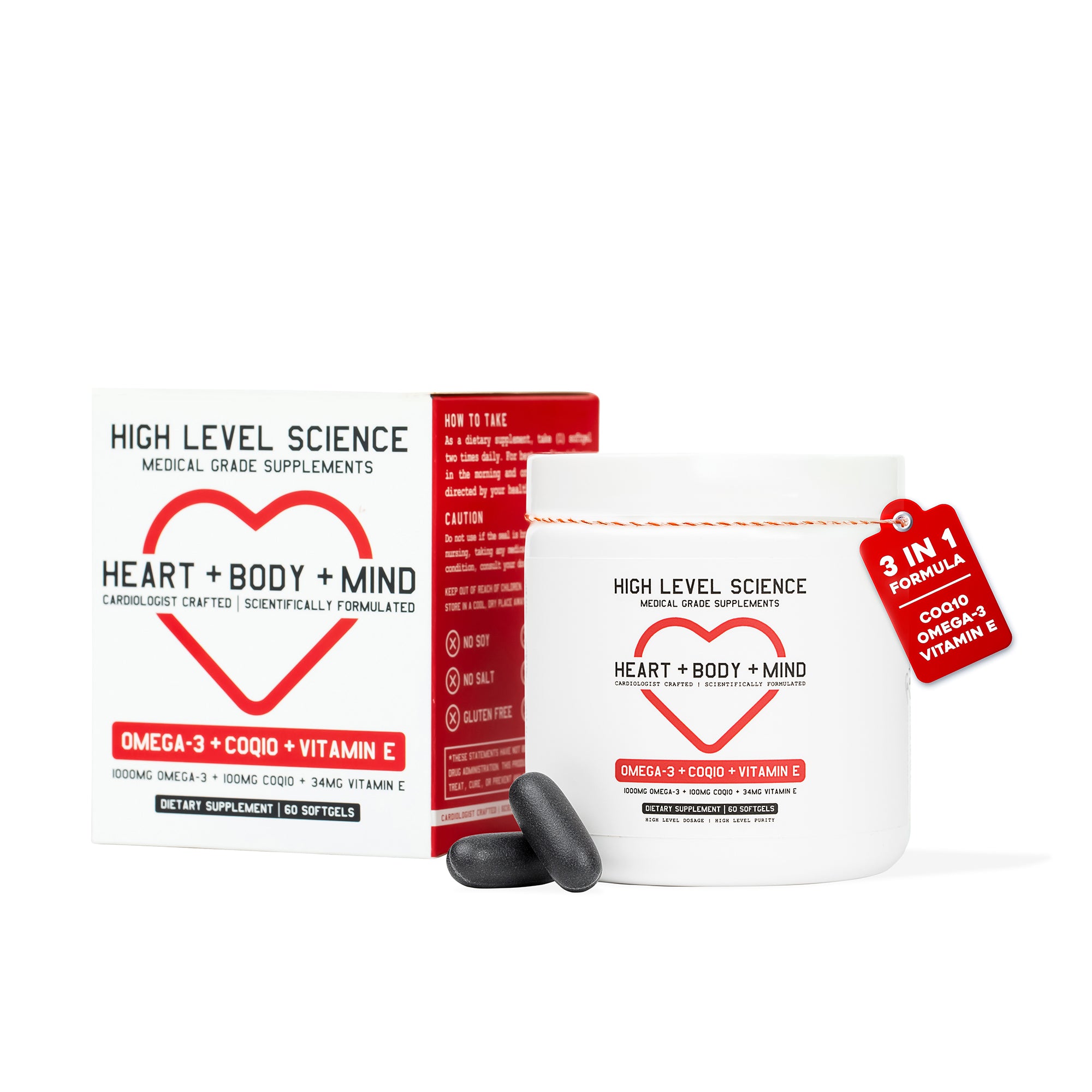

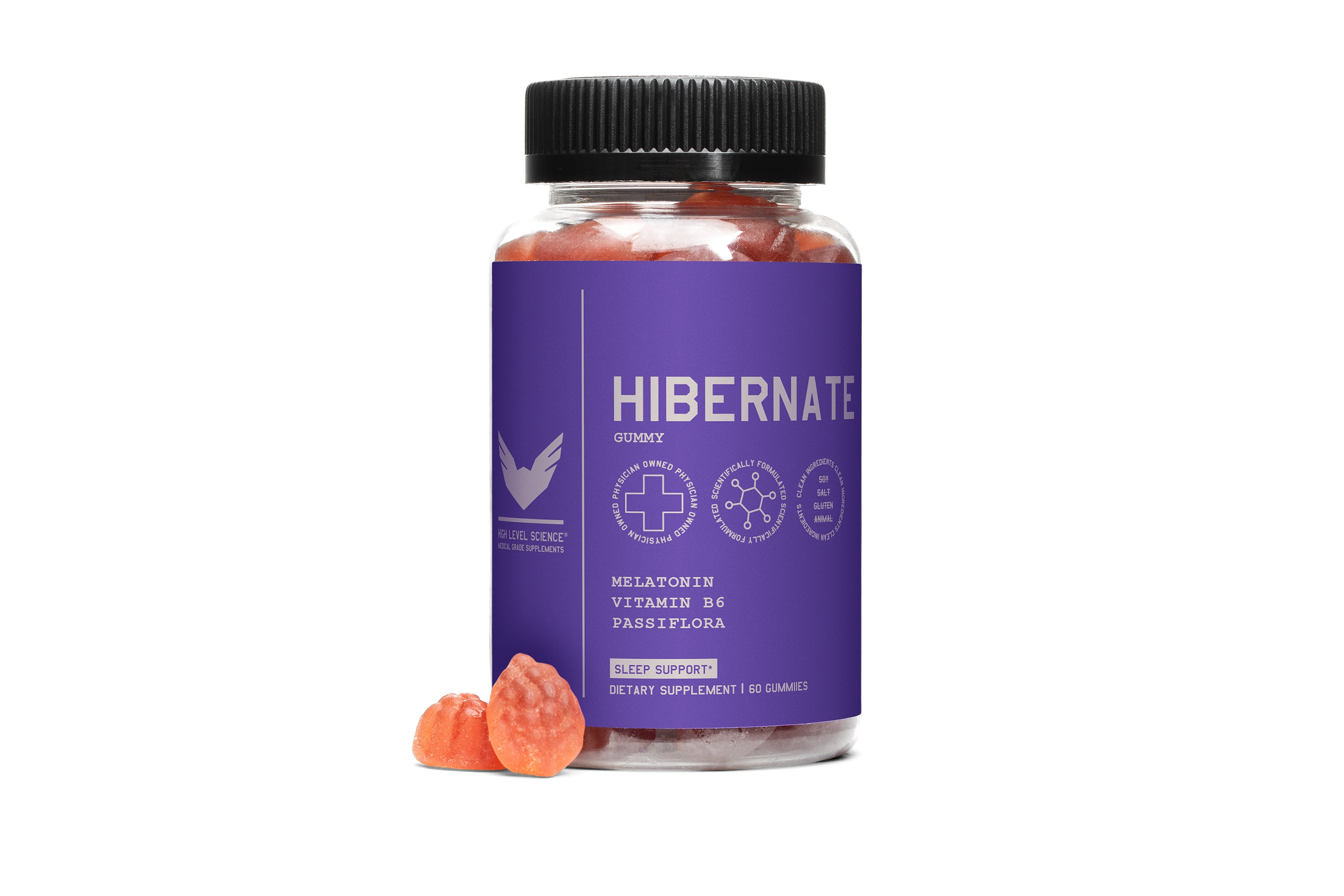
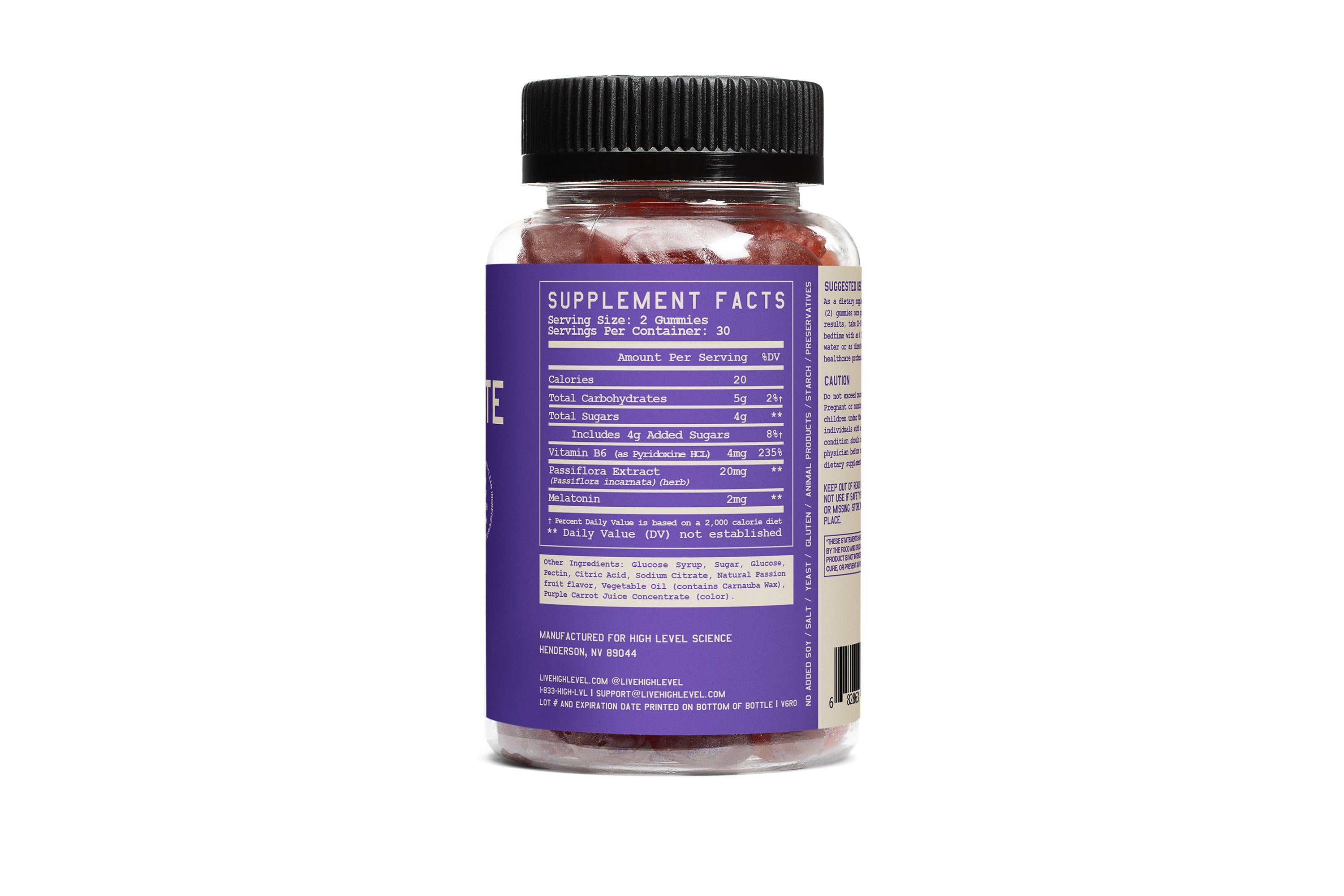
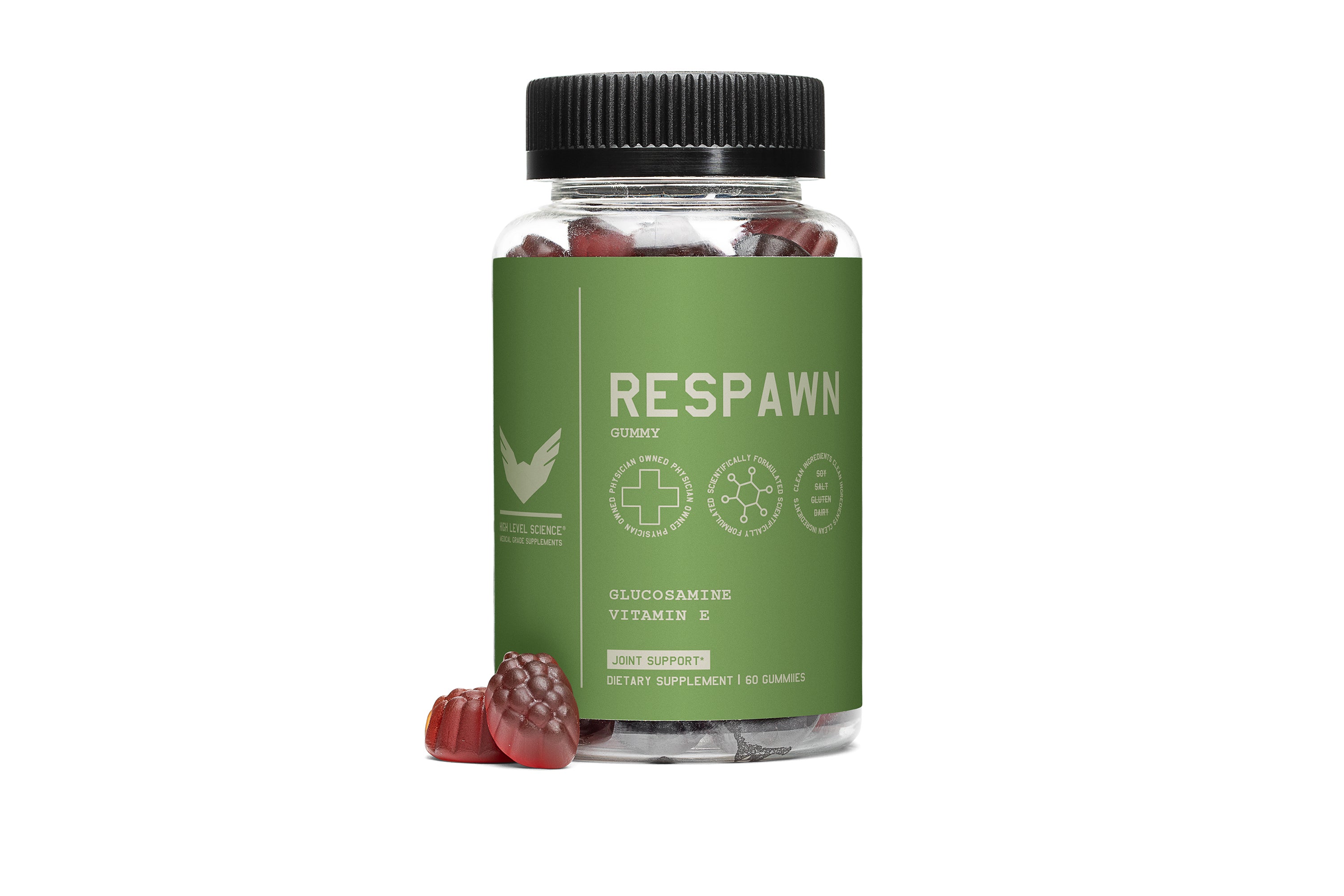
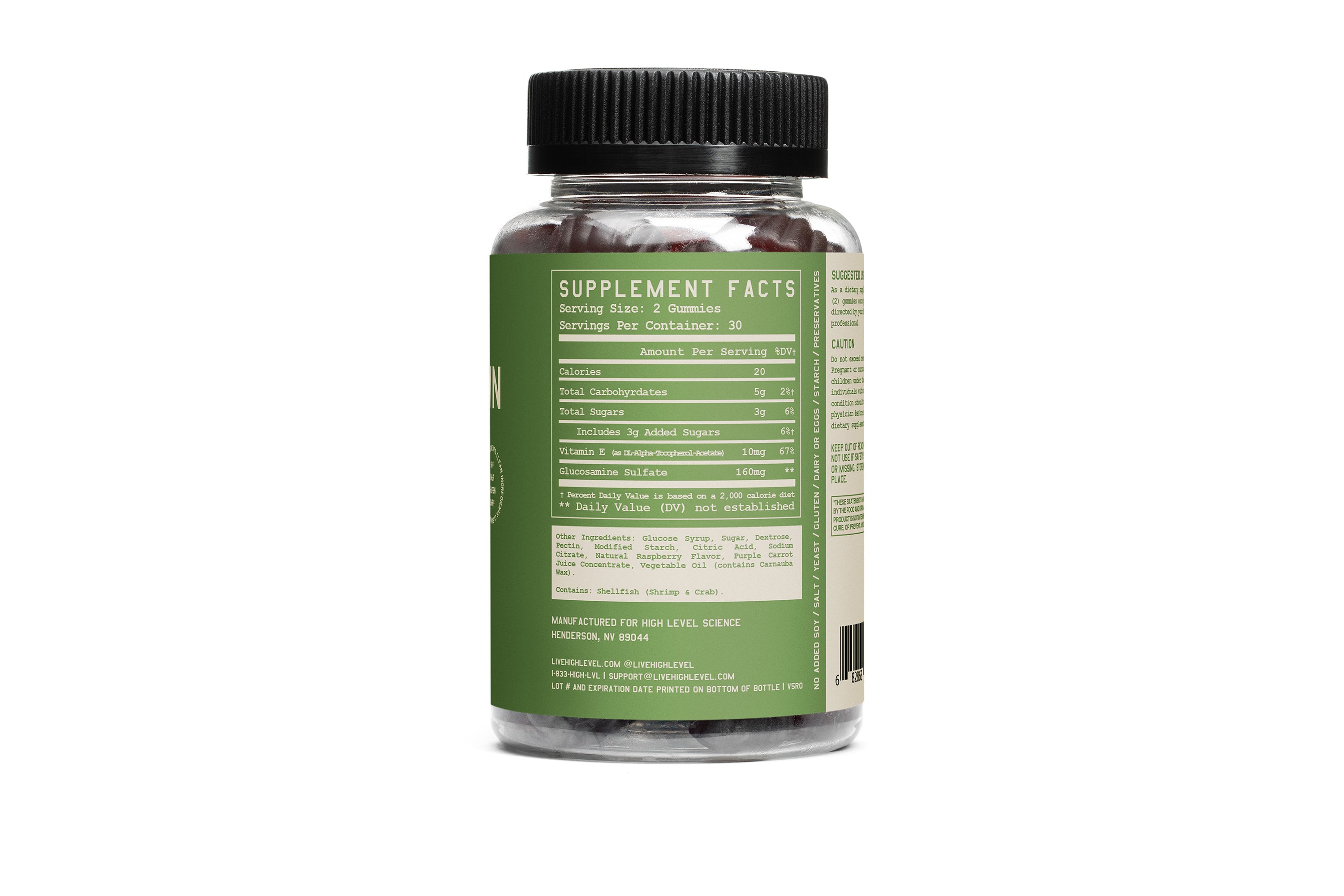
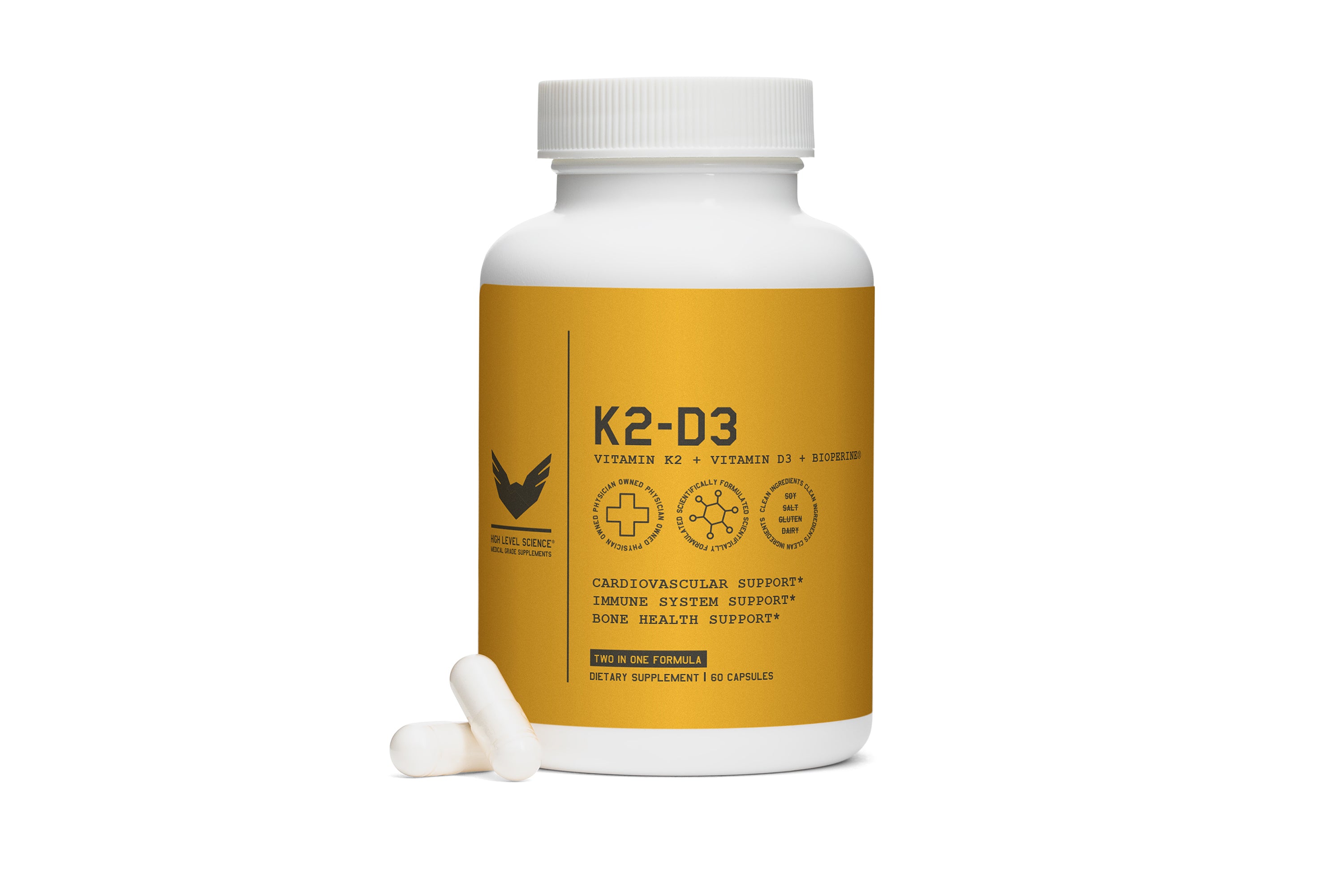
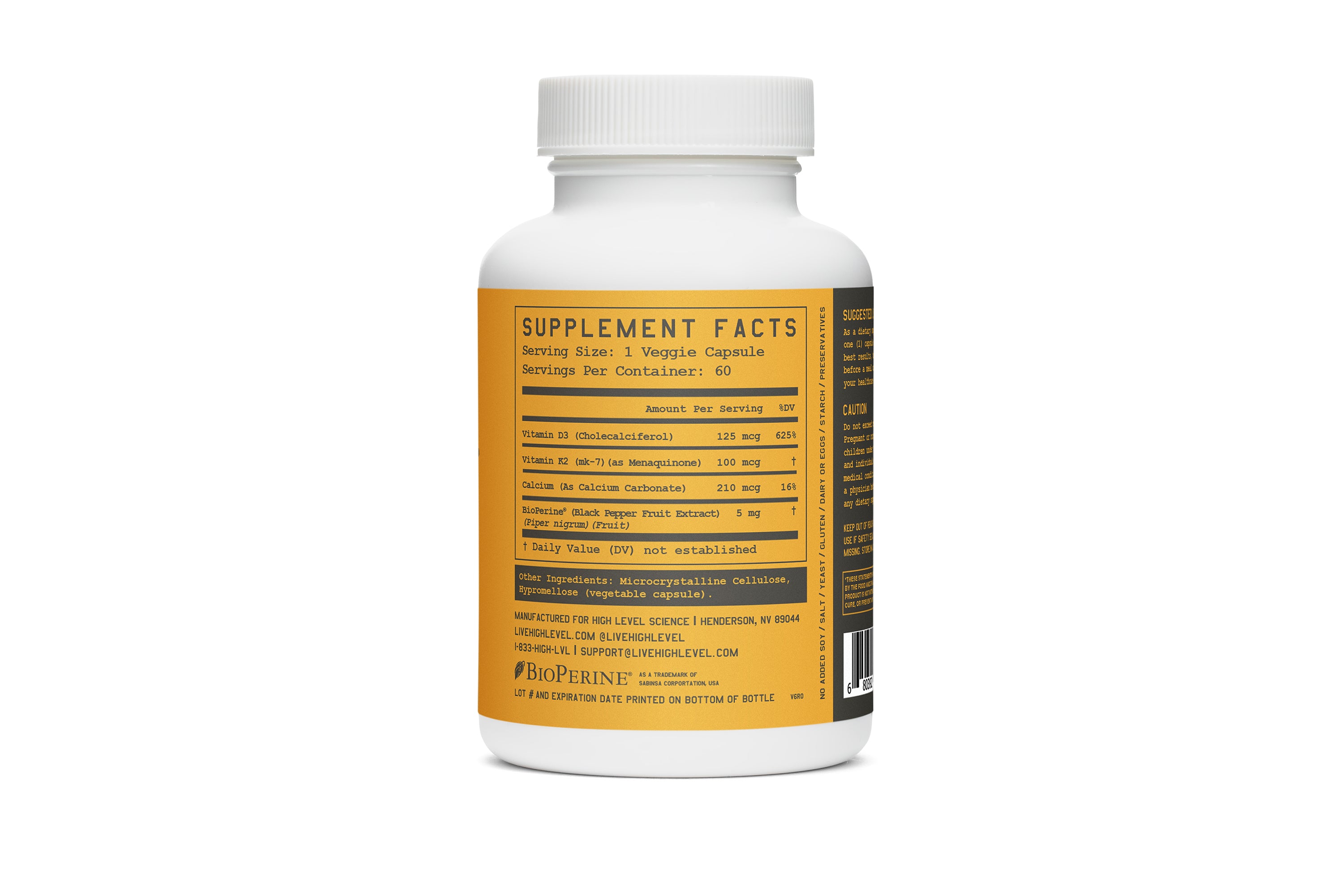


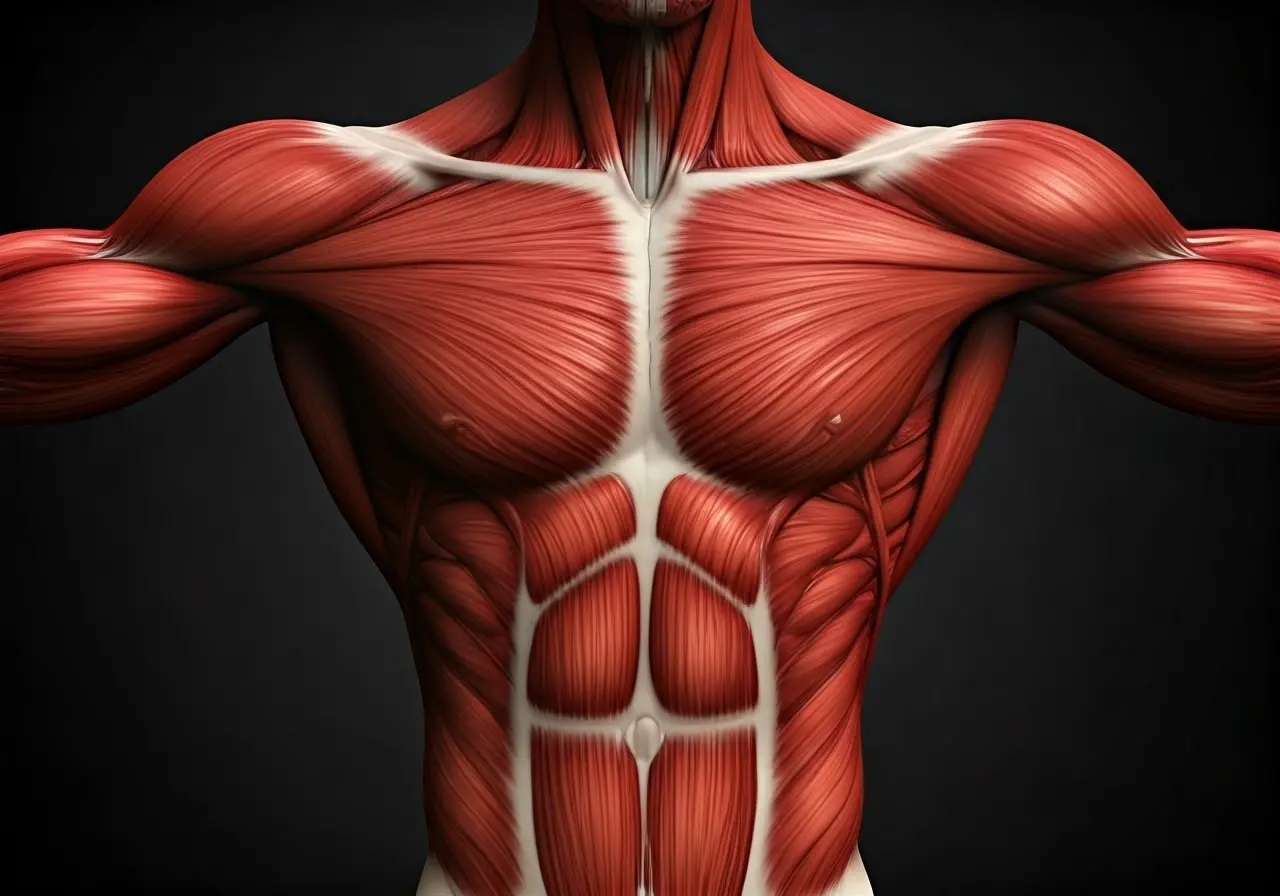
Leave a comment